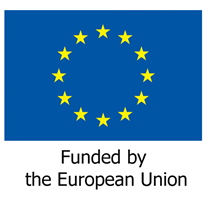OVERVIEW
Migration today is largely linked to the search for a job and better wages. Even if employment is not the primary driver, it usually features in the migration process at some point. Thus the importance of involving World of Work actors (Ministries of Labour, workers and employers’ organisations) and labour market institutions in fostering fair and effective labour migration governance, overall.
OUTPUT 1
- National-level labour migration strategies and/or policies, regulatory frameworks and implementation plans formulated, consolidated and implemented.
- Enhanced capacities of regional and national social partners to promote fair recruitment and decent employment for migrant workers.
- Regional frameworks for cross-border portability of accrued social security benefits is developed and implemented to enhance social protection for migrant workers.
- Regional Qualifications Frameworks at REC level is established and implemented for quality assurance and verification of migrant workers’ qualifications at various levels.
- Regular consultations and exchange of experiences are facilitated (through existing structures and frameworks) and support is provided to RECs for monitoring of implementation and/or elaboration /completion of their existing labour migration frameworks
OUTPUT 2
- A framework of central LMIS database integrating labour migration module is developed.
- Quality statistical on labour migration and migrants profiling are available at regular intervals for longitudinal comparability.
- Comparable migration modules are available in national/regional labour force surveys.
- Southern Africa and Indian Ocean labour migration analysis and reports are available.
- Exchange (At regional level and along specific corridor) is taking place on demographic and labour migration data.
International labour standards on the protection of migrant workers.
KRA1.1:
Rights-based legal and efficient channels of labour migration and mobility (including appropriate protection measures for migrant workers) promoted and put in place in the Southern Africa / Indian Ocean region.
KRA1.2:
A Southern African and Indian Ocean migration Observatory established and fully operational.
 English
English



